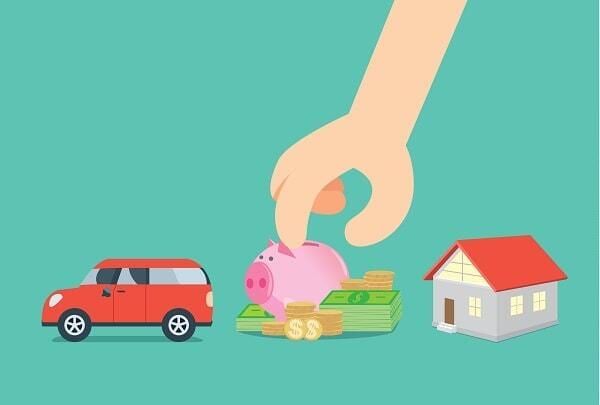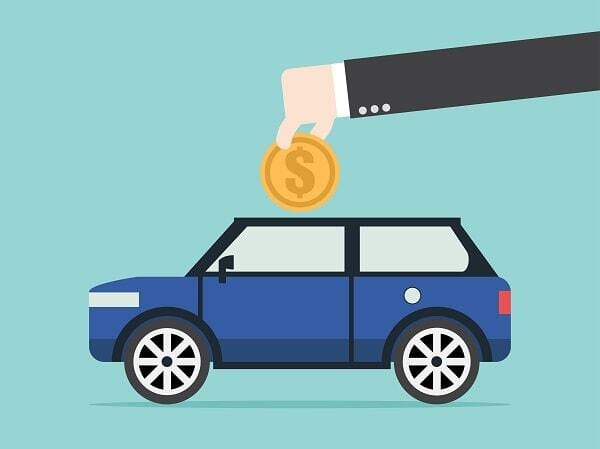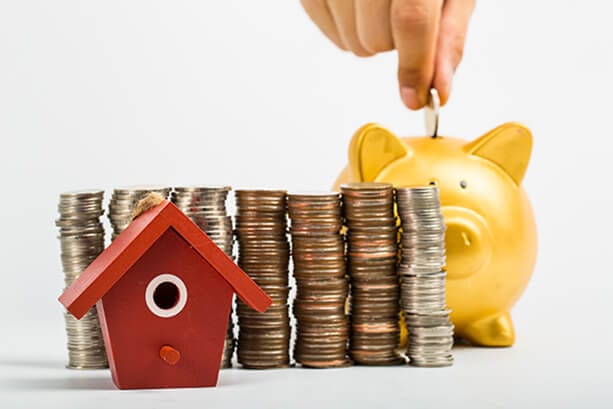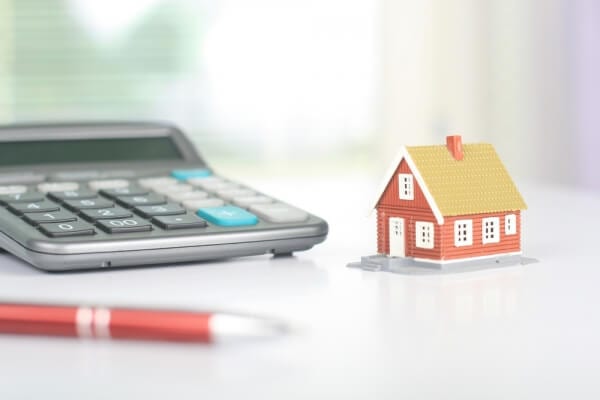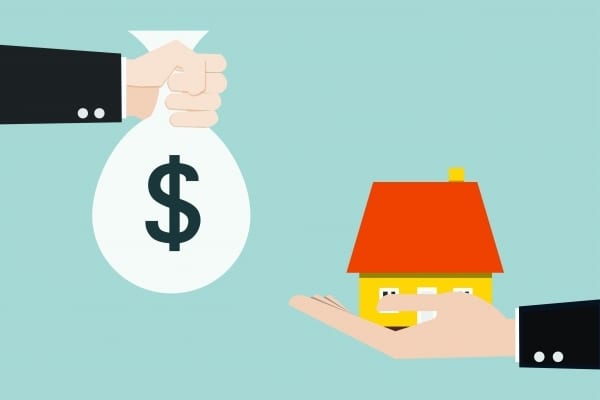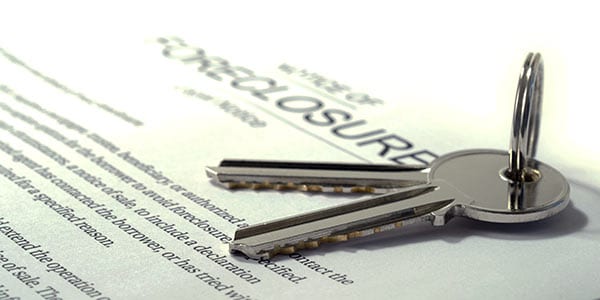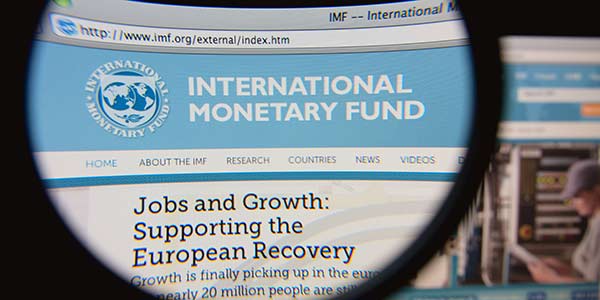Having already entered the property market you are well aware just how addictive it can get. Whether you are living in the place you own or renting it out as an investment property, it’s no secret that property is one of the best investments you can make. Of course, they are expensive investments and require a large down payment to secure. This may leave you wondering: can I get a second mortgage for a down payment?
What is a Down Payment?
Let’s take a look at exactly what a down payment is when purchasing a property. It is essentially a payment that is made in cash when you purchase the place, often representing a percentage of the entire price. As a home buyer, it is common to pay anywhere between 5% and 25% of the total value as a down payment, while the bank or financial institution you have chosen for your loan pays the remainder.
Once you have made this transaction, you then continue to pay off the mortgage with your lender. As you can see, it is a sizeable chunk of money that you pay upfront, before you then go on to pay off the loan. This is why considering a second mortgage for a down payment is an attractive offer. Having already forked out one down payment before, it can be even harder to do so a second time, especially while also paying off your current loan.

How Does a Mortgage Work?
Buying a house is a big commitment, and if you have already been down this path, then you will understand the financial strain that can come from buying a second. The bigger the down payment you can make at the beginning, means the less you have to pay off in the long run, as you won’t be charged interest from your lender on that amount.
A mortgage is a type of loan. The property you purchase is used as collateral against this loan, so if you default on payments the bank can take possession of your home to pay back the loan. The principal is the amount you borrow from the lender to buy the property in the first place. The interest is the cost added on top for borrowing the money. You can choose from a fixed interest, where the rate stays the same, or a variable interest, which can change over the life of your loan.
Having a mortgage is a huge commitment, so let’s take a look at whether you can take out a second mortgage for a down payment.

Can I get a Second Mortgage for Down Payment?
You can, in fact, use the equity on your first property to buy a second one. What exactly does this mean?
Let’s take a look at an example. You bought your first home for $300,000 and took out a loan of $250,000. Five years later, your home is now worth $500,000 and you owe $250,000. This means you have $250,000 equity in your first loan and can withdraw up to $150,000 in home loan equity. You can generally release from 80% to 90% of the value of your property in equity. You then refinance to access this money, which can be used for your deposit and for pay off some of the property.
Another option is to cash out this amount to use it directly as a deposit for your second property. Some lenders may have restrictions on how much you can cash out, so be sure to check first. This can range from $50,000 to the full amount, depending on your lender.
So how do you qualify? Of course, not everyone will be entitled to take out a second mortgage, so do your research before going ahead. Here are some of the conditions you must meet:
- You must owe less than 80% of the property value to your home.
- Your repayment history must be exemplary.
- Be able to provide at least two recent payslips.
- Have a good credit history.
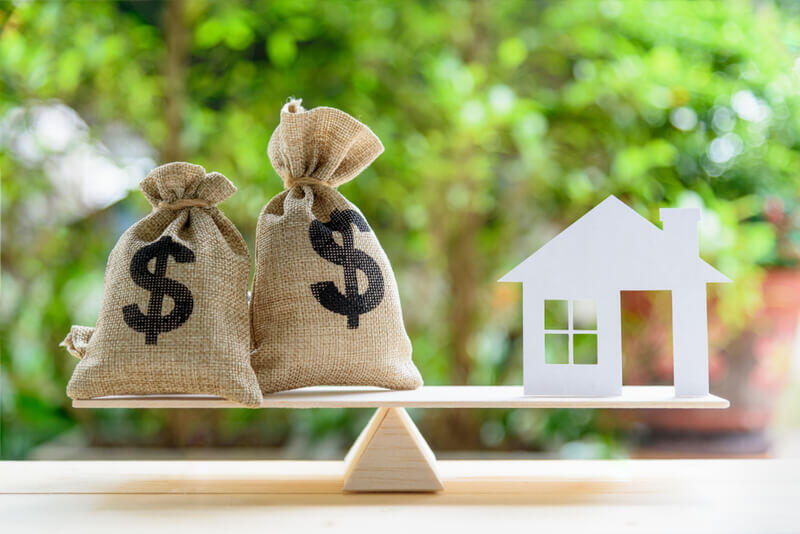
Is a Second Mortgage for a Down Payment the Right Choice?
Just because you qualify, doesn’t make it the right choice for you. There are plenty of other things to take into consideration:
- Can you afford two mortgages?
- Have you factored in the other costs that come with buying a house, such as building inspection, etc?
- Have you shopped around for the best interest rate?
Where to go for Support & Advice?
If you are certain you are ready to take out a second mortgage for a down payment, then it always helps to get some professional advice before committing. The experts at Australian Lending Centre can talk you through all your options. Make the best decision for your circumstances and avoid facing issues down the track with our help.




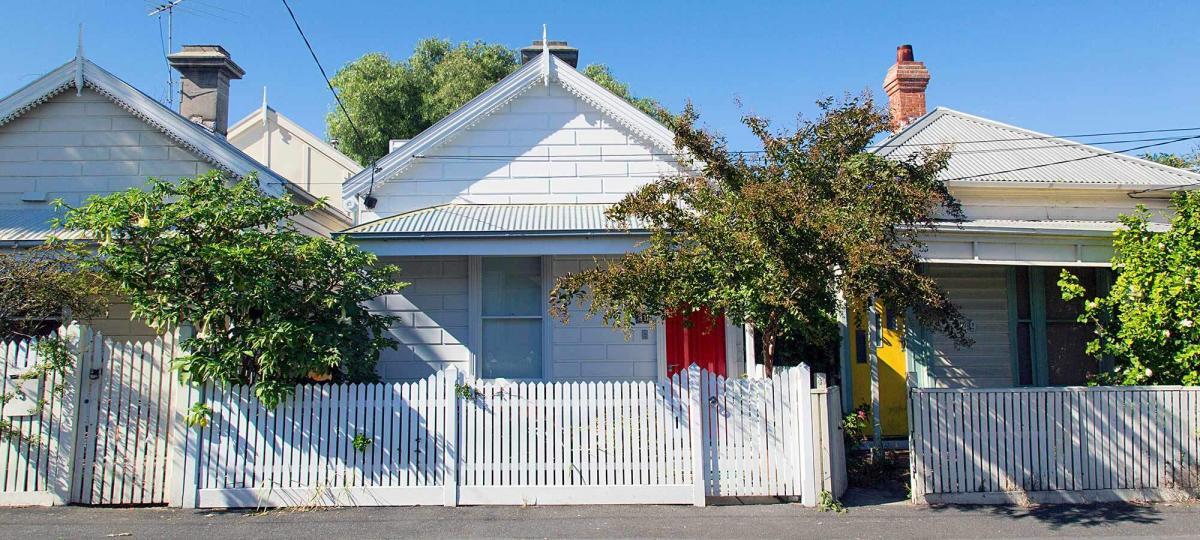

 2. Standard lawsuit
2. Standard lawsuit

